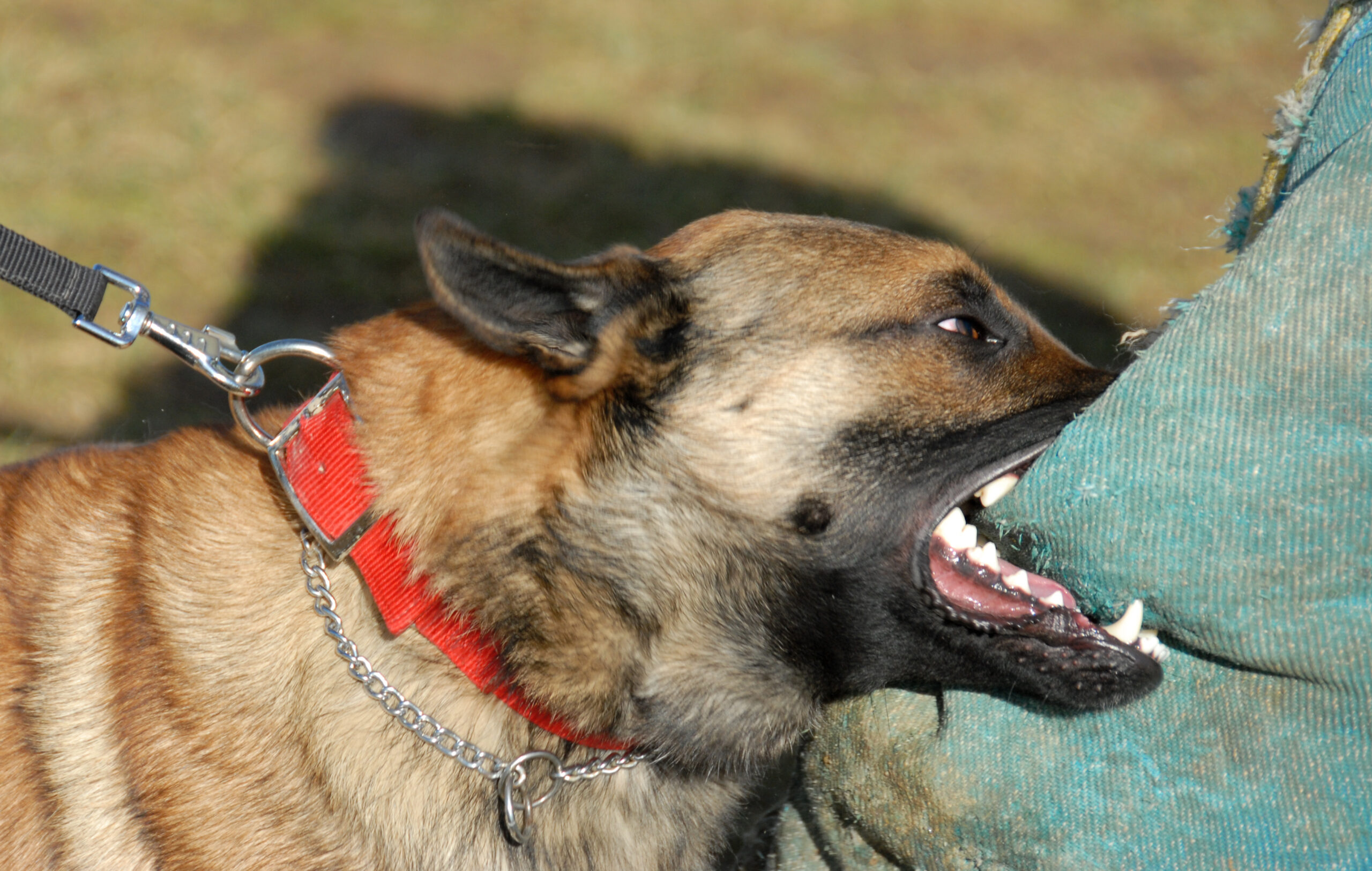As a responsible pet owner, it’s crucial to be aware of the local laws and regulations that govern pet ownership in your area. In Hamilton County, Indiana, one such rule that every pet owner should be familiar with is the One-Bite Rule. This rule plays a vital role in determining liability when a pet causes injury to another person or animal. In this article, we’ll delve into the details of Hamilton County’s One-Bite Rule and outline the requirements you need to know.
The One-Bite Rule is a legal principle that establishes a pet owner’s liability for injuries caused by their animal. Under this rule, a pet owner may be held responsible for damages if their pet bites or injures another person or animal, even if it is their first instance of aggressive behavior. Pet owners are tasked with not only knowing the dangerous propensities of their particular pet, but also generally tasked with knowing the dangerous propensities of the particular breed of pet.
Hamilton County’s Requirements
While Hamilton County adheres to the One-Bite Rule, it is essential to understand the specific requirements and conditions associated with it. To protect yourself as a pet owner and ensure compliance with the law, consider the following key points:
Proof of Knowledge: To hold a pet owner liable for an attack that injures someone, the injured party must establish that the owner had prior knowledge of their pet’s aggressive behavior or that their pet is a breed that is commonly associated with aggressive behavior. This can be proven through previous incidents or documented complaints made by others.
Leash Laws: Hamilton County has specific leash laws in place that mandate pets to be leashed or properly restrained when outside of their owner’s property. By adhering to these laws, you reduce the risk of your pet causing harm to others or being involved in an altercation.
Negligence: While the One-Bite Rule is designed to hold pet owners accountable, it does not absolve the injured party from proving negligence. If the injured person’s actions contributed to the incident or they were trespassing on private property, their claim may be weakened.
What to Do If Your Pet Has Bitten Someone
If your pet has bitten or injured someone in Hamilton County, it is crucial to take prompt action to protect yourself legally and ensure the well-being of all parties involved. Here are the recommended steps to follow:
Ensure Safety: The first priority is to ensure the immediate safety of the injured person. Provide assistance or seek medical attention if necessary. Remember to remain calm and do not engage in any arguments or confrontations.
Exchange Information: Exchange contact information with the injured person and any witnesses present. This includes names, phone numbers, and addresses. Cooperating and showing empathy can help mitigate potential conflicts and facilitate a smoother resolution.
Report the Incident: Notify the local authorities about the incident, providing them with all the necessary details. This step is crucial, as it ensures an official record of the event and allows the appropriate authorities to handle the situation.
Seek Legal Advice: It is highly recommended to consult with an experienced attorney who specializes in pet-related cases. They will guide you through the legal process, explain your rights, and help you navigate the complexities animal attack cases.
One of the primary considerations for pet owners in Hamilton County is the importance of preventive measures to avoid incidents that could lead to liability. Taking proactive steps can significantly reduce the risk of your pet causing harm to others. Here are some essential practices to keep in mind:
Socialization and Training: Properly socializing your pet from a young age can help them develop positive behaviors and reduce the likelihood of aggressive tendencies. Enrolling your pet in obedience training classes and seeking professional guidance can also be beneficial.
Responsible Supervision: Always supervise your pet when they are interacting with other people or animals. Avoid situations that may trigger anxiety or aggression in your pet and be attentive to their body language and behavior. By being proactive, you can intervene before any potential incidents occur.
Secure Enclosures: Ensure that your property is securely fenced to prevent your pet from escaping and encountering unfamiliar individuals or animals. Additionally, make sure your pet is contained in a safe and secure area when you are not able to directly supervise them.
Responsible Pet Ownership: Regular veterinary care, vaccinations, and spaying/neutering your pet can contribute to their overall health and reduce the risk of aggressive behavior. Properly restrain your pet using a leash and harness when outside your property, as required by Hamilton County’s leash laws.
As a responsible pet owner in Hamilton County, it is your duty to understand and comply with the local laws. By doing so, you not only protect yourself legally but also contribute to the safety and well-being of your community. If you require legal assistance or have any questions regarding an animal attack, animal bite, or other pet-related matters, don’t hesitate to reach out to Wyant Law. Our experienced attorney is here to provide the guidance and support you need. Together, let’s create a safer environment for pets and their owners in Hamilton County.


